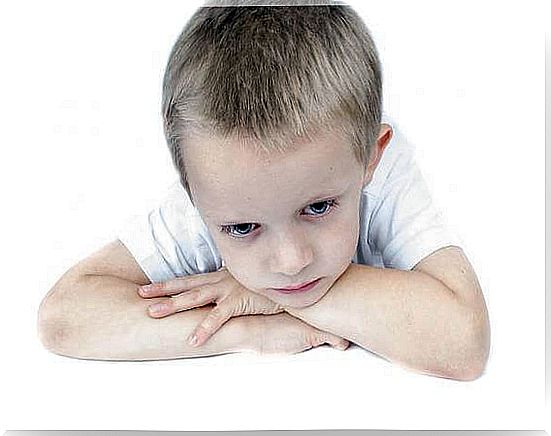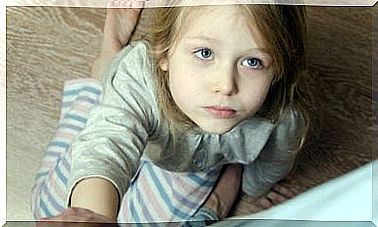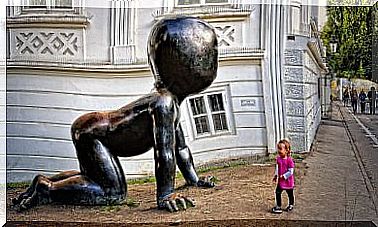What Is Autism?

The autism or autism spectrum disorder (ASD) is a condition that affects the ability to communicate and interact with others. This, in turn, also influences the child’s learning process and adaptation to society.
The symptoms of this neurological disease can be very varied and present at various levels, from mild to more severe. Generally, autistic children may have trouble communicating. In addition, it’s also possible that they won’t look you in the eye when we talk to them. Or who have very limited interests and repetitive behaviors that include spending a lot of time organizing objects and repeating a sentence almost nonstop.
Such people “seem to be in their own world.” Therefore, parents of an autistic child are often the first to notice that something different is happening to their child. They notice unusual behavior and also realize that the child is not able to adequately reach child development milestones.
There are parents who claim that they noticed that their child is different from birth, while others claim that their child developed normally, but lost his skills over time. It is very important to be aware of your child’s developmental signs. So, it’s best to seek help if you have concerns about your baby’s development.
Causes of Autism in Children

Until now the causes of this complex neurological disorder are not known. However, it is possible that genetic and environmental factors have an effect on this disease.
Some scientists have discovered that certain genes are related to the development of autism. There are also studies that show some irregularities in various areas of the brain in autistic people.
Until now it is known that this disorder can be present in people of any ethnicity, culture or socioeconomic status. However, the incidence in men is four times higher than in women. There are statistics showing that 5 out of 10,000 people suffer from classic autism worldwide.
Symptoms That Can Help Diagnose
First indicators:
- The child does not babble a word in the first year of life
- Does not hold any object for up to 12 months
- does not respond to your name
- Does not utter words until 16 months. Or sentences of two or more words until, more or less, 2 years old
- Does not make eye contact
- Over-aligns toys or other objects
- Does not smile or show social receptivity
Later indicators:
- not interested in making friends
- Not able to start or maintain a conversation
- It’s unimaginative at playtime
- uses repetitive language
- There are routines and any attempt to change them creates great anguish
- Demonstrates excessive attachment to certain objects

Early diagnosis ensures adequate care
As in most cases where health is at stake, a timely diagnosis influences early childhood care. The child can benefit from the wide range of existing therapies and an appropriate educational environment. If these therapies are applied for at least two years during the preschool stage, they can result in significant improvements in many children.
Most therapies focus on developing communication, socialization and cognitive skills. Many of them have a very positive result and although so far there is no 100% effective treatment, the right educational environment helps to improve symptoms. For these reasons, it is imperative that parents seek therapy as soon as possible.
Autism spectrum disorders, including what was known as Asperger’s syndrome and generalized unspecified disorder, can be formally diagnosed at age 3 years. However, there is research that is lowering the age of diagnosis to 6 months of age.
If you suspect your child is autistic, ideally he or she should undergo a full evaluation. This evaluation must have a psychologist, a neurologist, a psychiatrist and a language therapist, among other specialists trained to diagnose autistic children.
The diagnostic process also includes a questionnaire for parents. The aim is to collect as much information as possible about the child’s behavior and development. Therefore, it is essential that parents who suspect their child is autistic seek a specialist or pediatrician as soon as possible. The best way to help an autistic child is to make an early diagnosis so that they can be treated as appropriately as possible.









